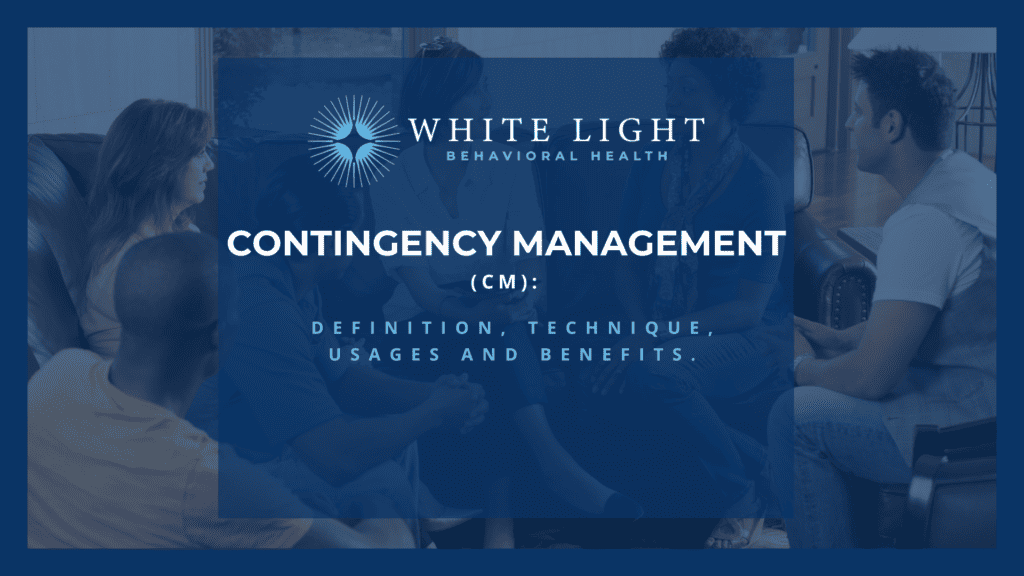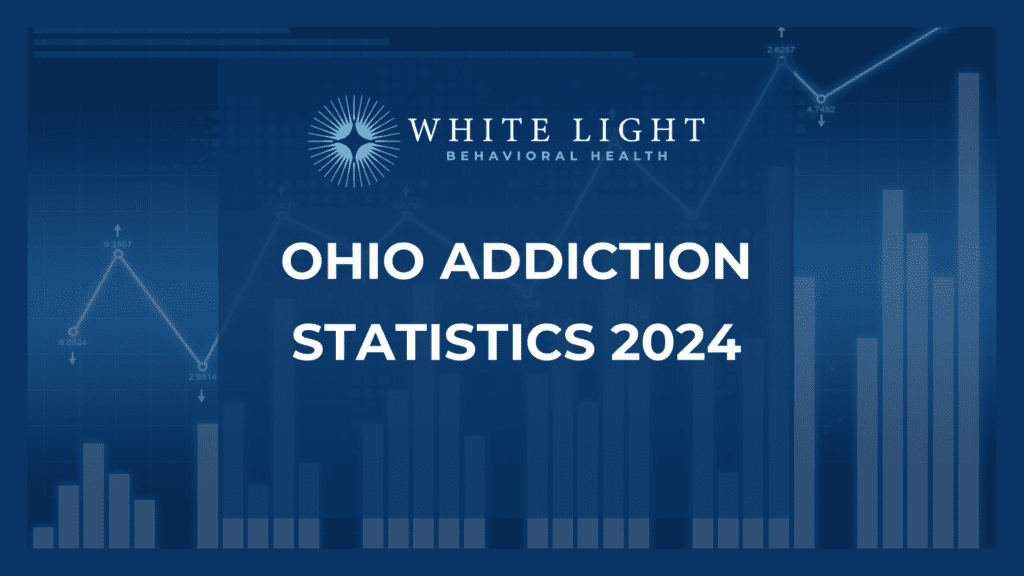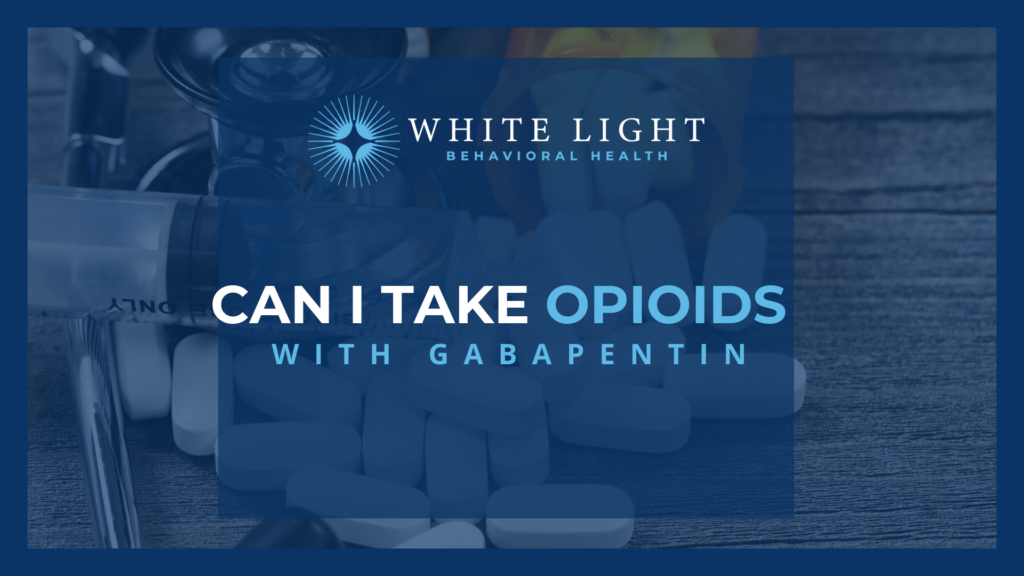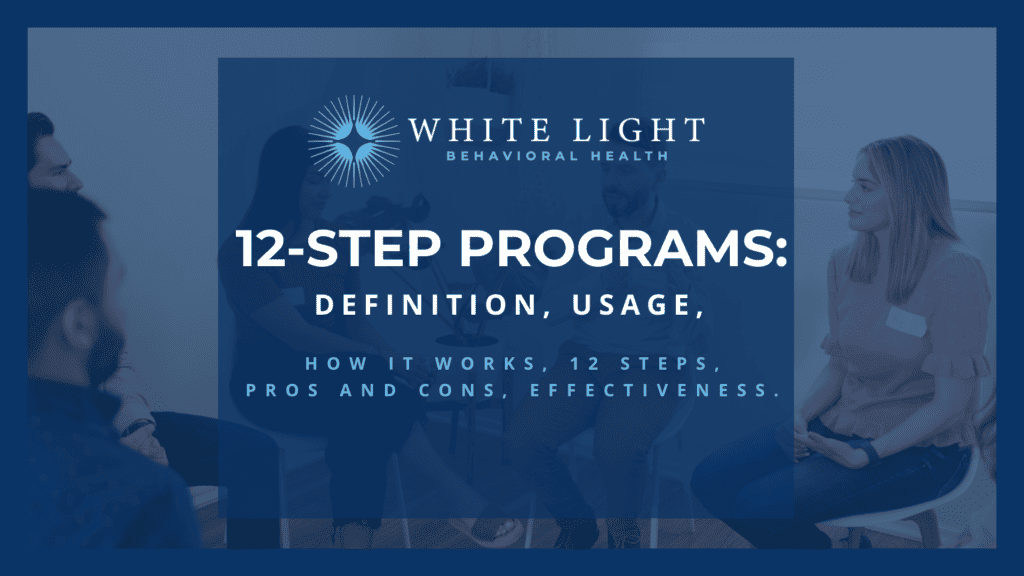Negative Reinforcements
Functionally, negative reinforcement can be used to train people to choose certain behaviors. This process can be explained simply. If you set an alarm each day, a loud and possibly irritating
noise will interrupt your sleep until you do something about it. Act on the alarm clock and the noise goes away. You have removed the negative, or the noise, and gained something that pleases you, which is quiet.
The stronger version of negative reinforcement is punishment. Properly applied, punishment can be an appropriate tool to stop inappropriate behavior. Punishment has been used to correct criminal behavior often associated with drug use. However, the legal system does not always provide an immediate and
consistent negative experience to prevent people from continuing their illegal behavior. An addict who steals from another person to come up with cash for drugs may eventually be punished with jail time for theft. However, if they have successfully stolen from others before, light legal punishments may not help change their future intentions to do what they have to do to get drugs.
Positive Reinforcement
Positive reinforcement refers to rewarding a desired behavior with a positive consequence. A child may clean their room as instructed and receive a treat or a toy. If the child then chooses to clean their room on their own the next time, the same positive reinforcement may be needed to make the habit stick. Such treats or toys are known as
tangible reinforcements. When the parent stops using them, the good behavior may go away.
Token Reinforcements: More Choices, Longer Benefits
Contingency management in
drug rehab is generally related to token reinforcers. A token is something that can be exchanged for something else. For example, someone dealing with
opioid addiction may have the option to choose a bus token or gas gift card, which can cover the cost of visiting the testing site.
There is great power in earning a token reinforcement. With a token in your pocket, you can choose to seek help. Tokens offer a chance to rebuild a sense of control over your actions and your life that you may have lost.





